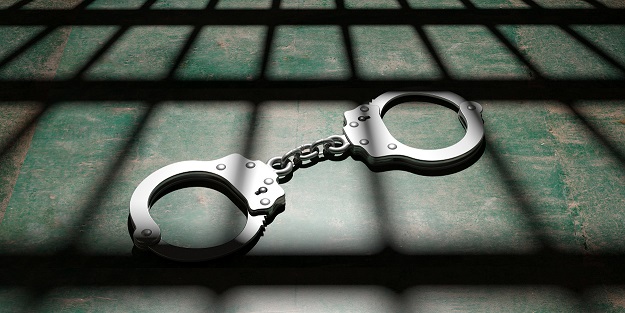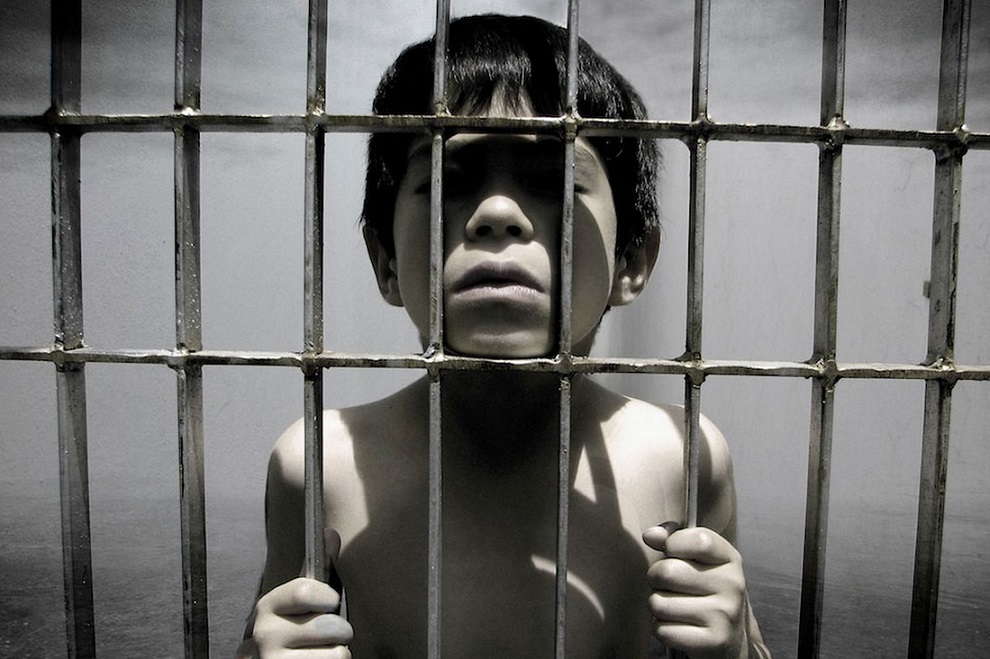Juvenile Justice System
The United Nations General Assembly adopted Convention on the Rights of the Child (CRC) on 20th November 1989. So far, 190 nations have ratified the Convention. It provides for social, economic and cultural rights of the children. Being signatory to this Convention, the parties are bound to abide by its articles. Pakistan ratified CRC on 12th November 1990 whereby arrangements are to be made to provide and ensure the rights of children as envisaged in CRC.
The CRC has 41 articles covering all the aspects from social, economic, civil rights of the children to their security and rehabilitation. It includes the definition of a child describing the age of a child who has not attained the age of eighteen years. Similarly, the best interest of the child provides for fulfilment of his basic rights and needs, identity, social wellbeing, physical, emotional and psychological development. Article 4 of the CRC deals with making of arrangements by the parties to the convention for provision of necessary legal and administrative support to ensure the rights of the children.
In pursuance of articles 1, 3, 4, 39 and 40, it was mandatory for the parties to ensure and establish juvenile justice system. Pakistan has also established criminal justice system for juveniles by enacting Juvenile Justice System Act, 2018, that caters for the best interests of the child. It deals with juvenile offenders alleged to have committed or has been found to have committed offence. Under this Act, Juvenile Courts have been established exclusively dealing with juvenile accused of commission of an offence. The court is bound to decide the case within six months, extension can only be granted by the High Court of the respective province after considering the explanation placed before it for seeking extension. A juvenile accused of bailable offence shall be released on bail or otherwise be kept in Juvenile Rehabilitation Center under the supervision of a probation officer. The juvenile shall be treated as if he was accused of commission of a bailable offence.
In case of any doubt as to the age of a juvenile or in the absence of documentary evidence determining the age of such accused, the juvenile/person may be determined on the basis of a medical examination report by a medical officer. Diversion is an alternative process determining the responsibility and treatment of a juvenile on the basis of his social, cultural, economic, psychological and educational background without resorting to formal judicial proceedings; it basically meant to protect the interest of the juvenile in an effort to make him rehabilitate and integrate into the society.
Juvenile Justice Committee for each sessions division required to be established. This 4-member committee would be headed by a magistrate, while district public prosecutor, member of local bar with at least 7 years’ experience and a serving probation officer as its members. This committee shall dispose of a case within one month from the date of the referral.
During the proceedings of juvenile court, no one will be present except staff, officers, parties to the case, guardian of the juvenile and such persons as the juvenile court directs. No juvenile may be charged with, and tried for, an offence together with an adult except determined by the court. In joint trial, the court may dispose with the physical presence of the juvenile. Disclosure of identity of the juvenile is punishable for a term of 3 years with fine, except by permission of court. The report of the probation officer shall also be treated as confidential and if contents of the report are disputed by the parties, the court may give an opportunity of producing such evidence as may be relevant to the matter stated in the report of the probation officer.
No person, who was a juvenile offender at the time of commission of an offence, shall be awarded punishment of death under the Act. No juvenile offender shall be committed to prison, ordered to labour, put in fetters, handcuffed or given any corporal punishment at any time while in custody.
Special provision in the Act has also been incorporated regarding female juveniles. It says that no female juvenile shall, in any circumstances, be apprehended and investigated by a male officer and that she shall be kept in Juvenile Rehabilitation Center established exclusively for female inmates. Appeal against the court order may be filed within 30 days by any person aggrieved by an order of acquittal passed by the juvenile court. A juvenile offender committed under the law shall not suffer a disqualification if any attaching to a conviction of an offender under such law.
Certification of observation homes and Juvenile Rehabilitation Center has also been made in the Act separately for male and female inmates. In this regard, NGO-run observation homes or a juvenile rehabilitation center may be certified by the govt and can be withdrawn if it is dissatisfied with the conditions, management, etc. of the said home/center. The inspection by the officer authorized by the government may be placed before the court or juvenile justice committee in this regard.
The juvenile justice system in Pakistan, however, is not performing up to the spirit of the Act. Limited number of courts and rehabilitation centers, besides a lack of training of the relevant staff are all contributing to the poor implementation of the Act. Particularly, awareness component is missing. Often the identity of juvenile offenders is not kept confidential and they are produced handcuffed in the courts. A serious review of the implementation and performance of the system under the Act is required on the part of government in consultation with all stakeholders.
muhammadramzan1999@gmail.com
 Jahangir's World Times First Comprehensive Magazine for students/teachers of competitive exams and general readers as well.
Jahangir's World Times First Comprehensive Magazine for students/teachers of competitive exams and general readers as well.



